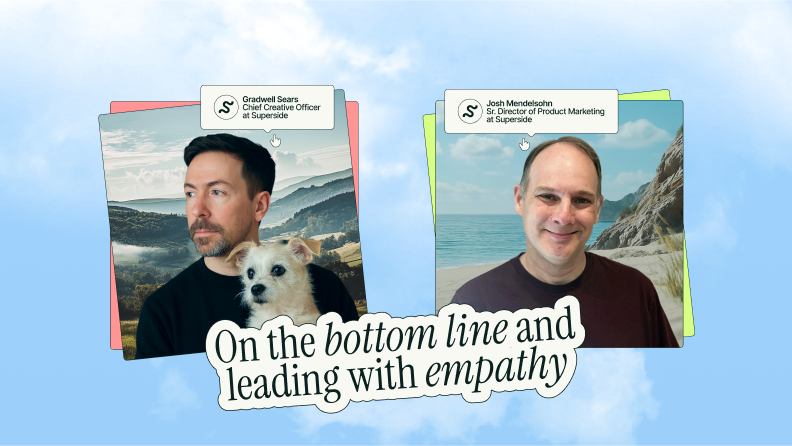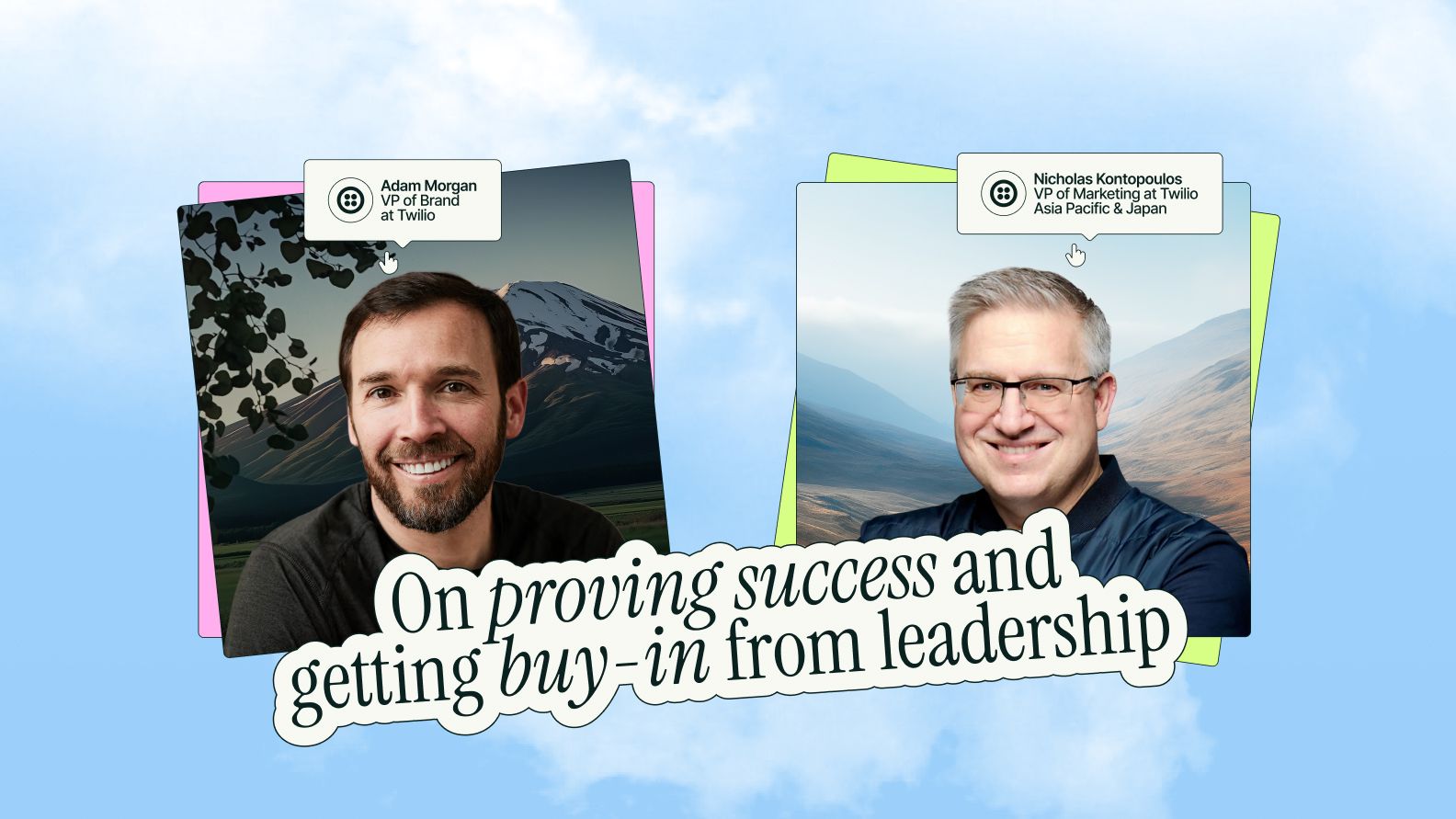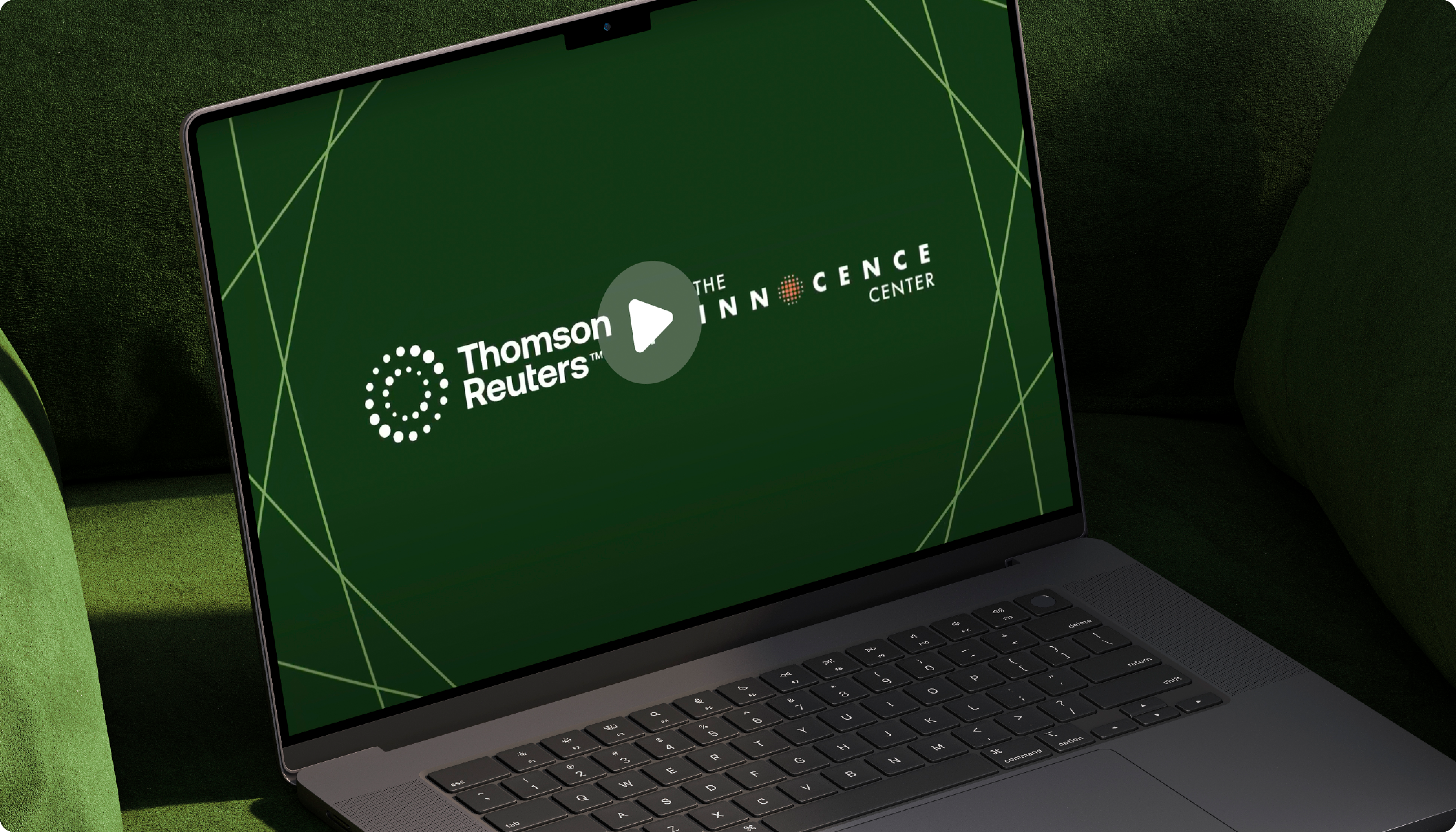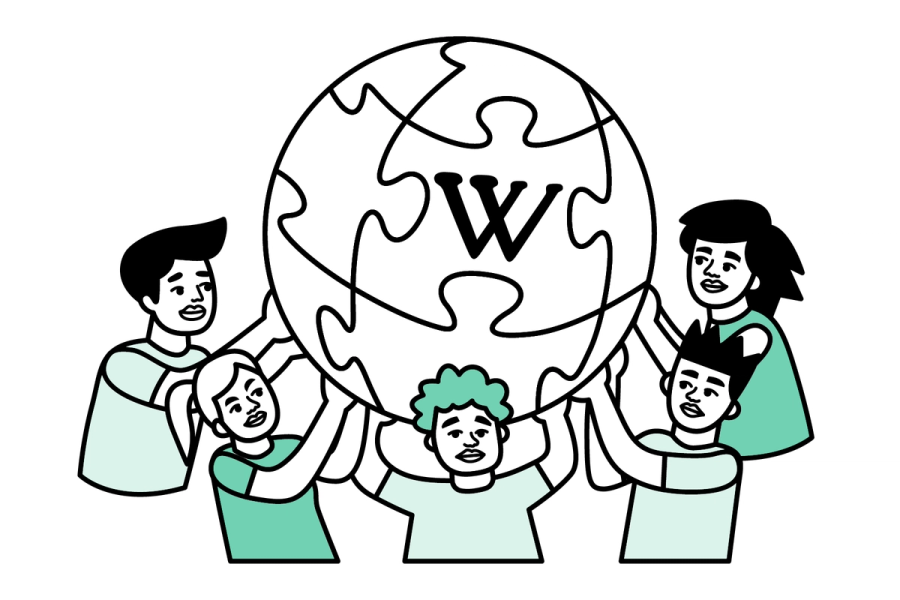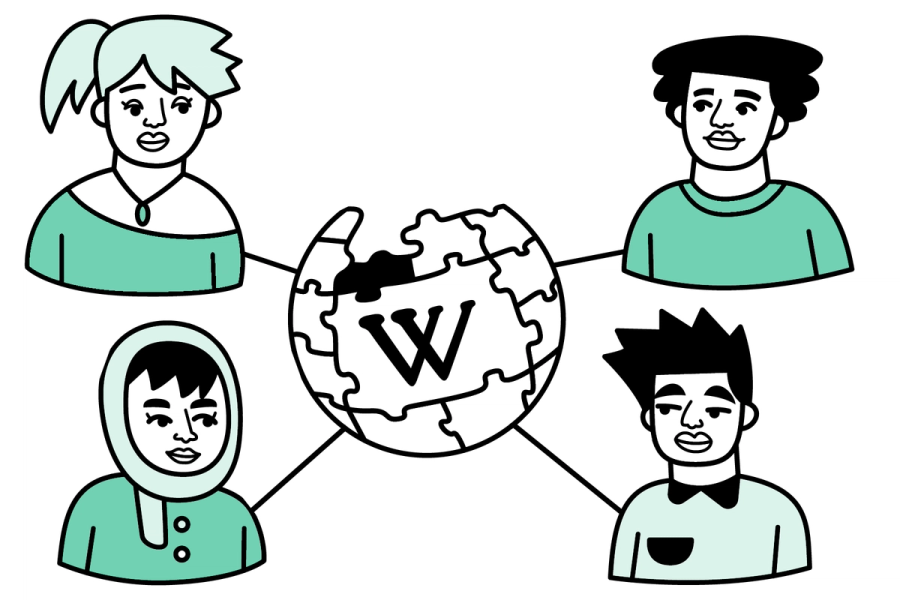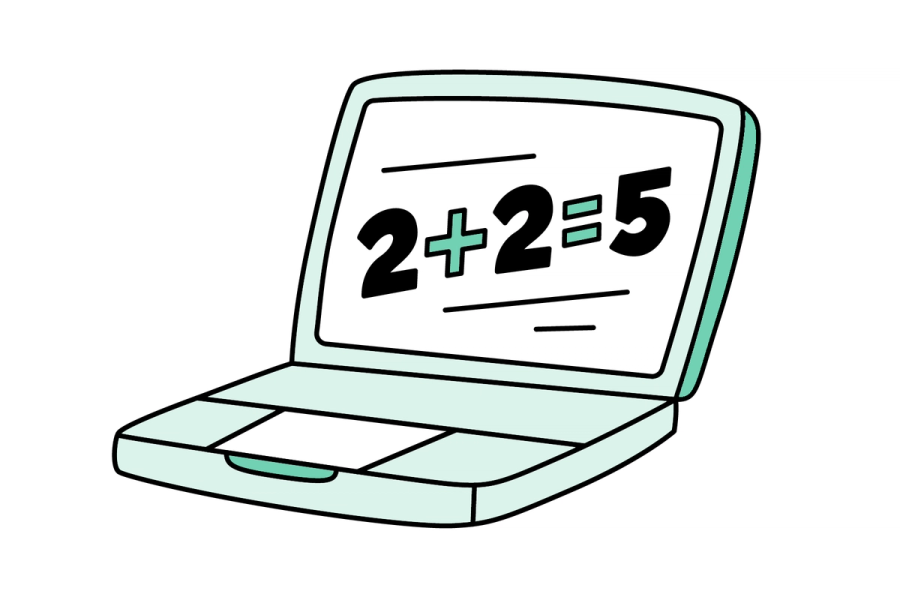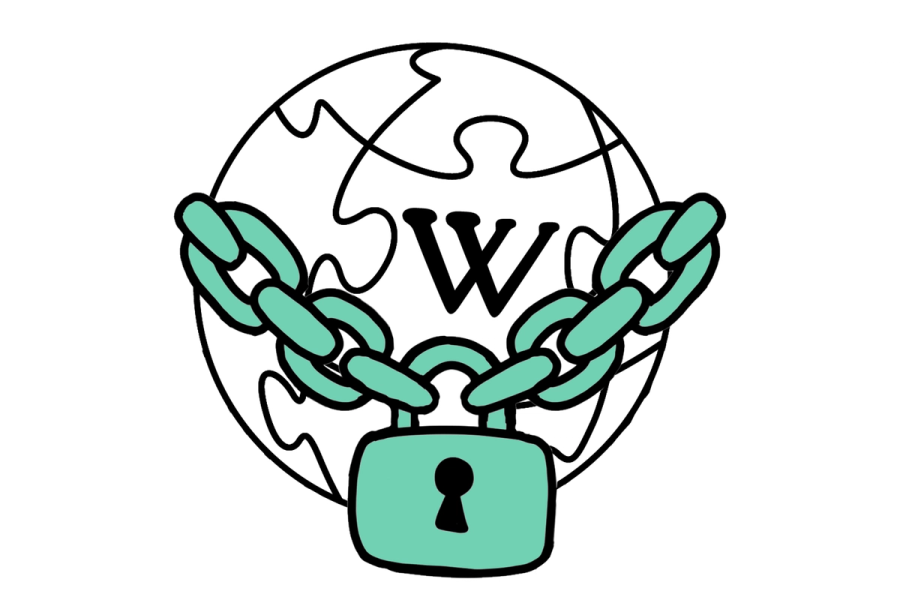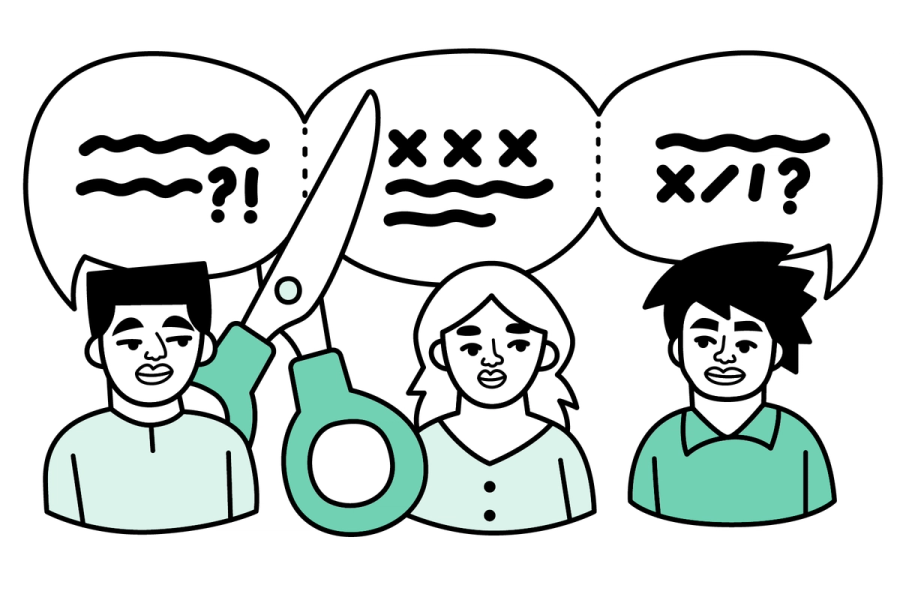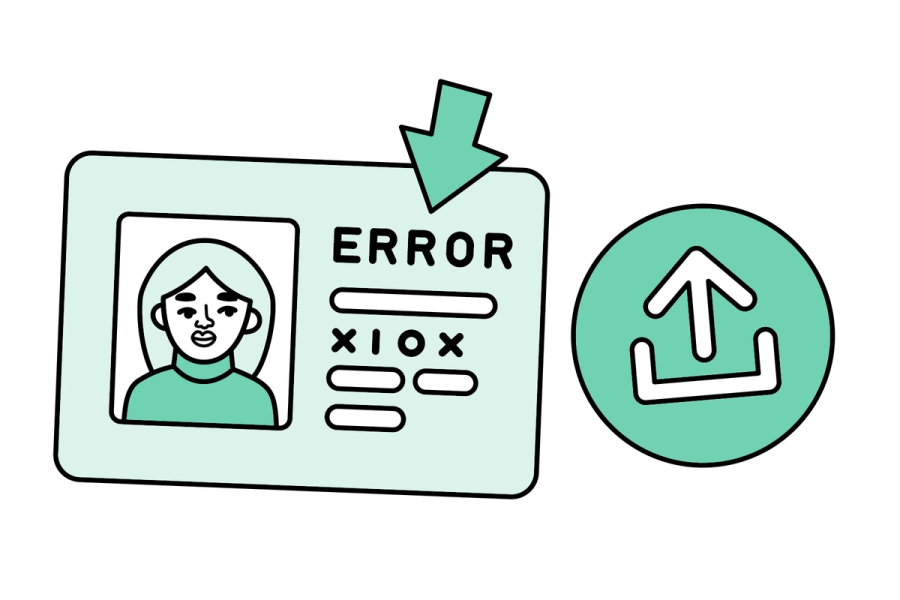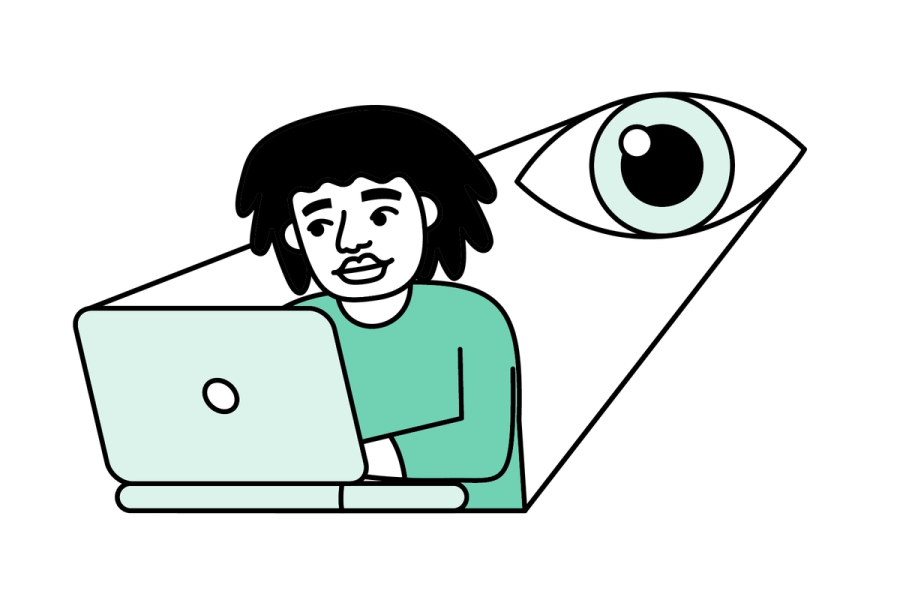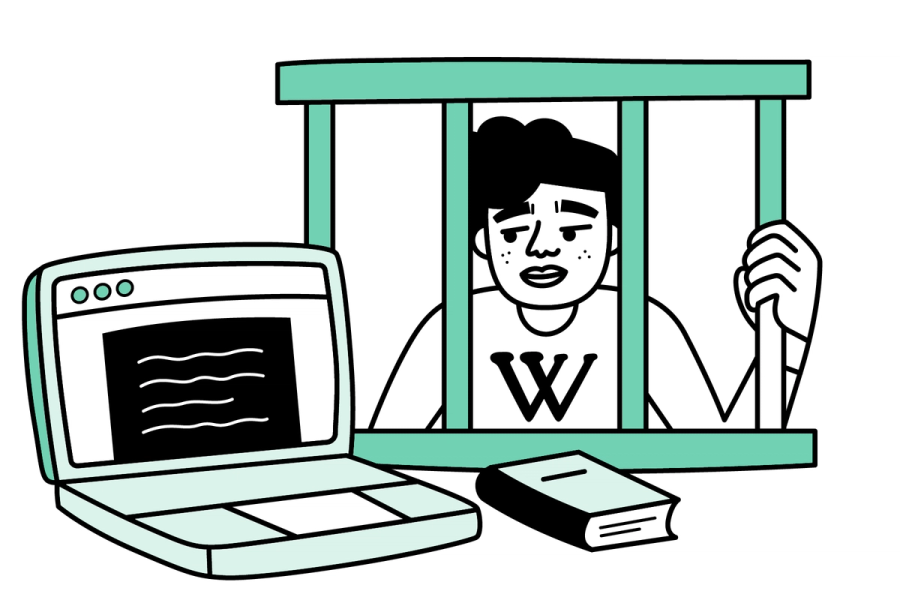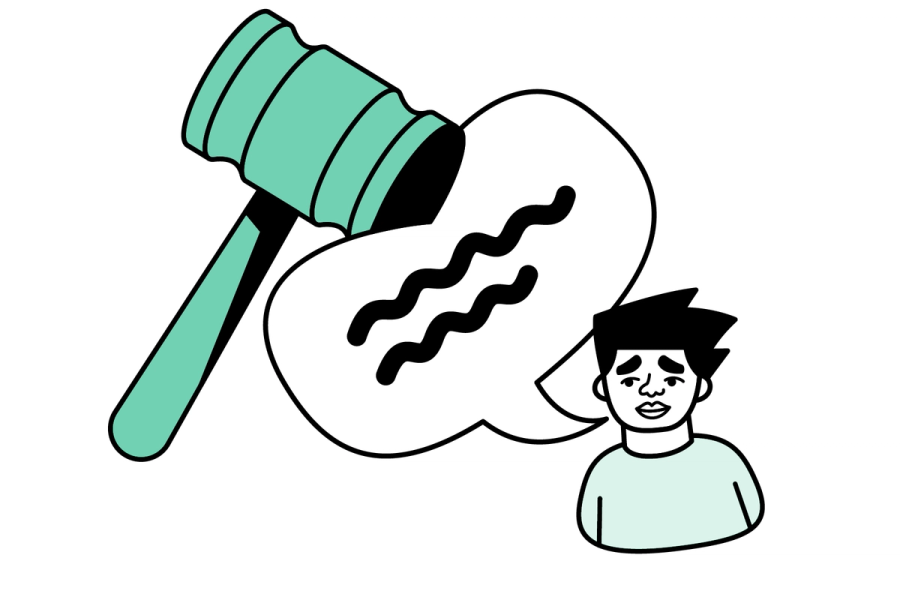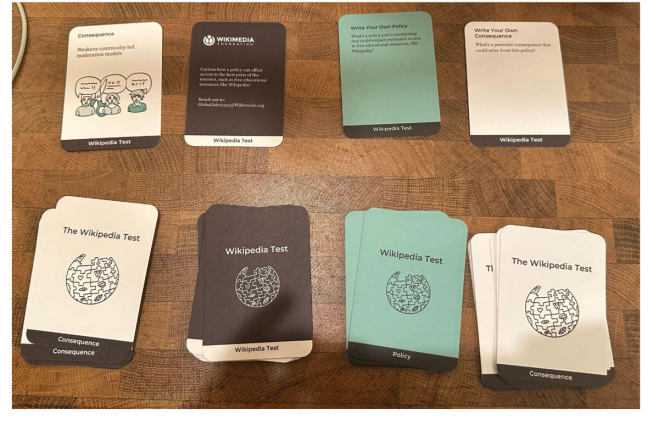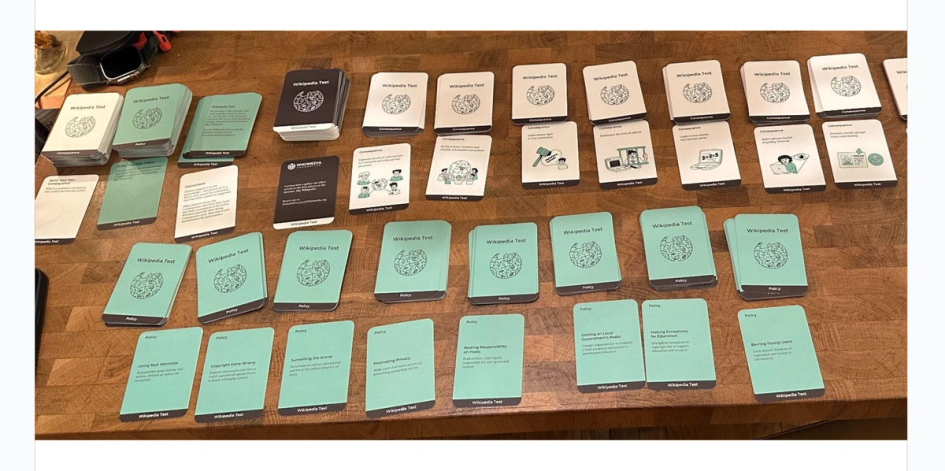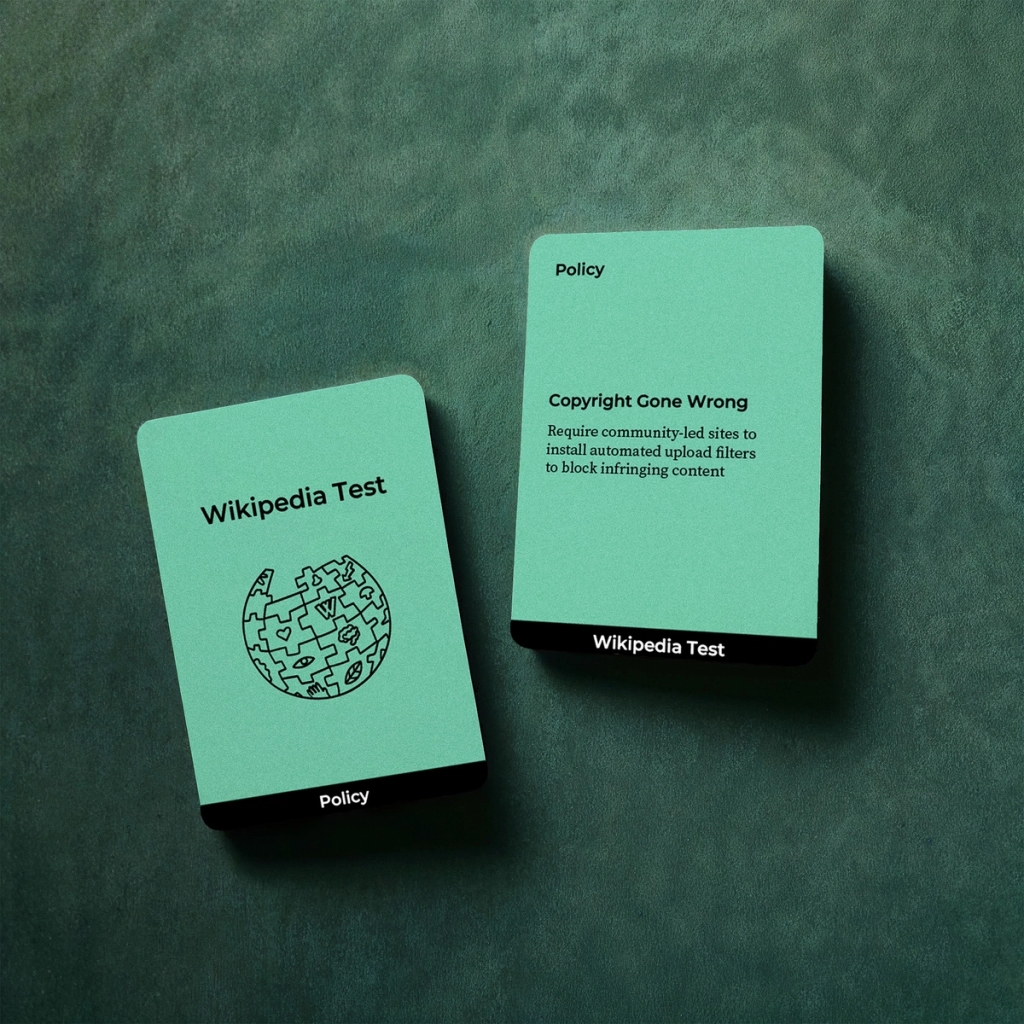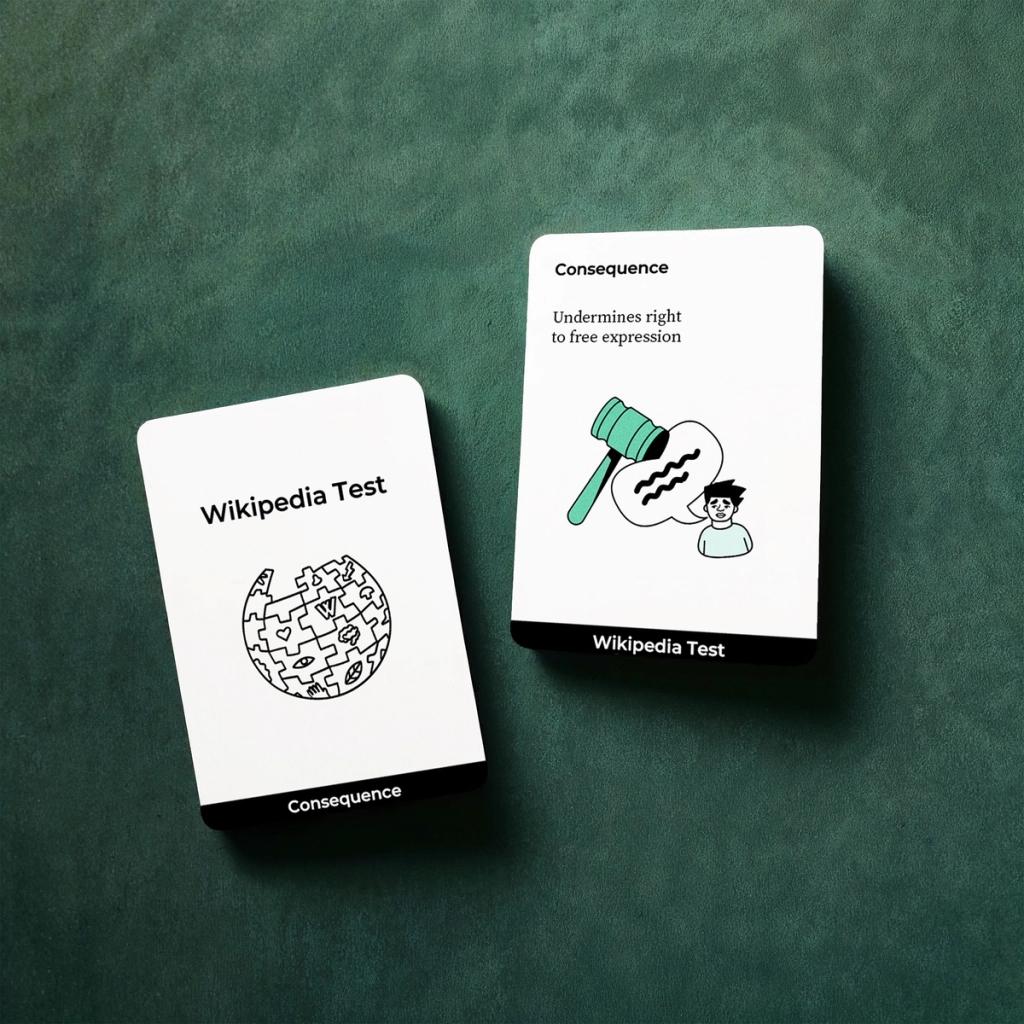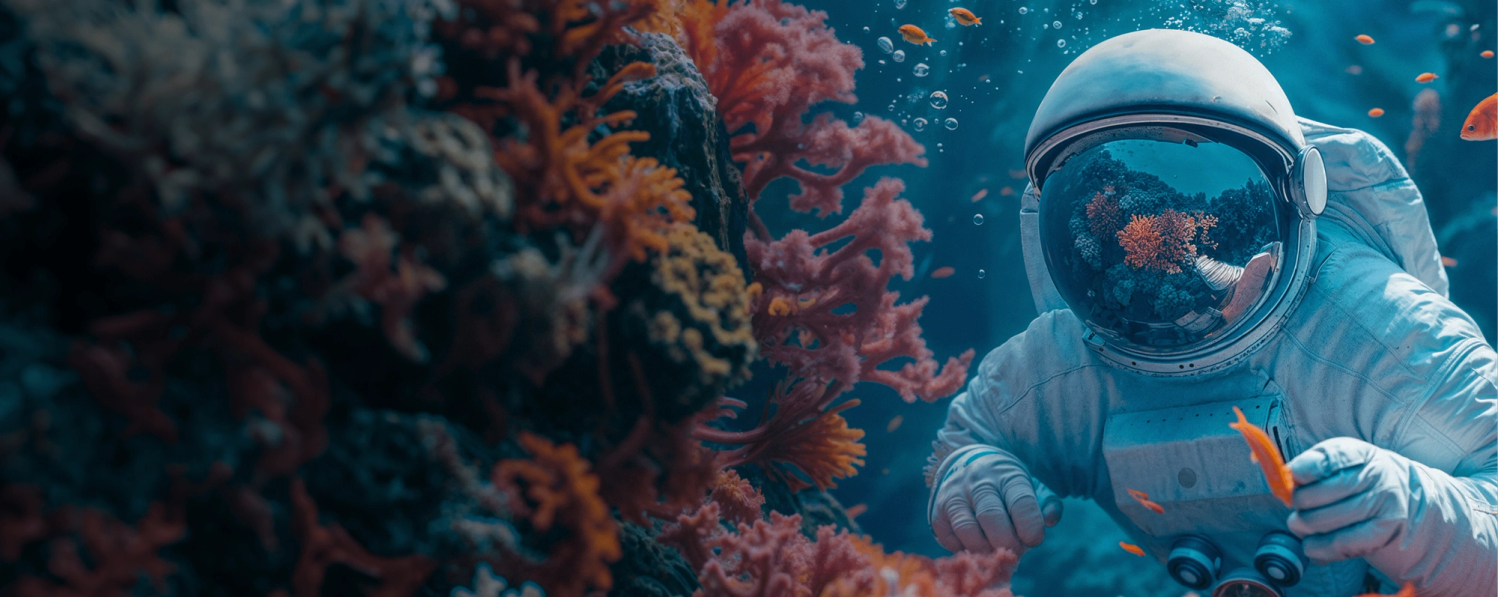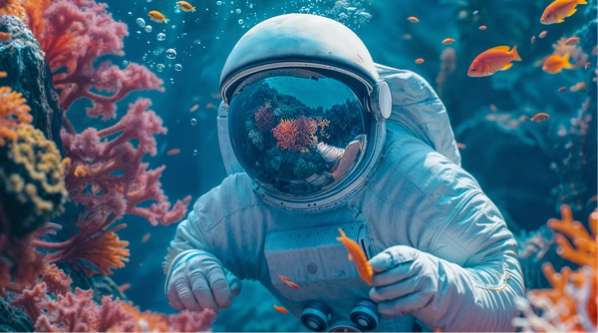How the Wikimedia Foundation brought the Wikipedia Test to life with Superside
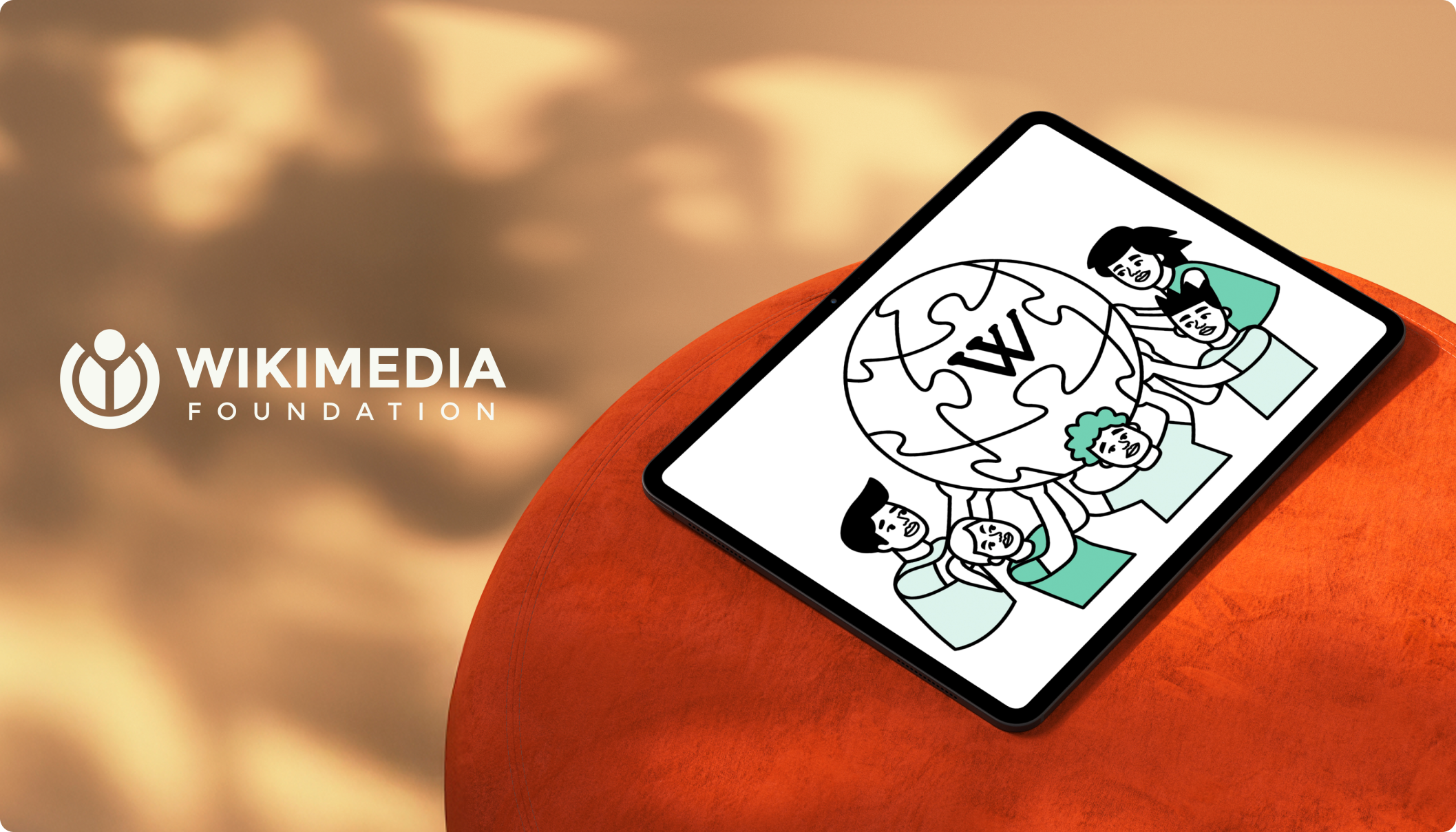
THE CUSTOMER
Powering open knowledge: Inside the Wikimedia Foundation’s global mission
The Wikimedia Foundation is the nonprofit organization that hosts Wikipedia and other Wikimedia free knowledge projects and is dedicated to promoting knowledge equity and free access to information across the globe. Wikipedia is the only major website to be hosted by a nonprofit organization. It is the world’s largest free encyclopedia, with more than 65 million articles in over 300 languages, and it is viewed more than 15 billion times per month. Content is written on notable subjects by nearly 260,000 volunteer contributors from around the world. These volunteers adhere to Wikipedia's editorial standards, ensuring all information is backed by reliable sources and presented from a neutral point of view.
THE CHALLENGE
Lawmakers across the world are rightly focused on regulating powerful, for-profit platforms to mitigate the harms ascribed to social media and other threats online. When developing such legislation, however, some draft laws can inadvertently place public interest projects like Wikipedia at risk.
The Global Advocacy team at the Wikimedia Foundation created the Wikipedia Test, an interactive tool to familiarize and inspire policymakers to consider Wikipedia when developing policies and legislation for the internet. The Wikipedia Test is not only a public policy tool, but also a call to action to help ensure regulators consider how new laws can negatively affect online communities and platforms that provide services and information in the public interest.
The Wikipedia Test offers a straightforward idea as its central premise: Before passing regulations, legislators should ask themselves whether their proposed laws would make it easier or harder for people to read, contribute to, and/or trust a project like Wikipedia.
Superside's illustrations for The Wikimedia Foundation.
The challenge? Most policymakers don’t have Wikipedia top of mind when they draft internet regulations.
As a result, well-meaning policies can unintentionally damage the few public interest places online. The Wikimedia Foundation needed a creative way to bring the Wikipedia Test to policymakers in person at key policy events, where policy conversations are happening, and show them the impacts of new policies on free knowledge, privacy and human rights.
Within this mission, the Foundation’s Brand Team—which includes Global Creative Director Einav Jacubovich—supports the Global Advocacy team in shaping creative ways to help their advocacy efforts.
The challenge was not only in messaging but also in engagement. The Wikimedia Foundation needed a creative way to:
- Explain the concept quickly and clearly,
- Capture attention at high-traffic events like RightsCon,
- Invite participation and feedback from allied organizations.
We wanted to bring the Wikipedia Test to life in an interactive format, and we had the opportunity to try to figure it out for RightsCon.

THE SOLUTION
Partnering with Superside, the Wikimedia Foundation transformed the Wikipedia Test into an interactive card game, launched at RightsCon 2025 in Taiwan.
The premise? Match real-world policies with their unintended consequences — from surveillance of volunteers to censorship of their contributions — in order to reveal how well-meaning laws can backfire on open knowledge.
The cards came alive thanks to playful illustrations that struck a delicate balance: serious enough to convey the stakes, yet creative and visually arresting. Think:
- A gavel smashing the Wikipedia globe,
- A giant eye surveilling someone using a laptop,
- Scissors slicing through speech bubbles, symbolizing silenced dialogue.
We thought we really need to find a way to make this stand out, to make it pop and to make people stop at our booth to want to play with it. That’s where Superside came in.

Superside’s illustrations elevated the experience, using vivid and engaging visuals to spark curiosity and conversation.
A number of people… said that they felt that this is a very fun and original way to show such an important topic in an easy to understand manner.

The illustrations were repurposed for posters that drew foot traffic to the booth with bold, open-ended provocations like: “Could your policy unintentionally wreck Wikipedia?”
The impact? Immediate. The booth stood out. People stopped. They played. They talked. They got it.
A lot of people commented that they stopped to look at it because of the illustrations… and it made them consider something they've never considered before.

Driving policy conversations beyond RightsCon with powerful creative
The Wikipedia Test card game didn’t just succeed at RightsCon—it had lasting value. The Wikimedia Foundation reused posters and cards at SXSW and is continuing the campaign digitally with Superside’s help, crafting animations and assets for this Medium post targeting policymakers.
We’ve continued to use this as we're speaking to policymakers while introducing the idea of the Wikipedia Test.

The broader partnership with Superside has enabled the Wikimedia Foundation to increase its output, empowering a five-person creative team to support the needs of an entire global foundation, including product, advocacy, fundraising, and the wider volunteer community.
By working with Superside, we're able to increase our output substantially and take on more work than we could otherwise.

With Superside’s support, the Wikimedia Foundation can achieve both quality and quantity—while extending the reach and resonance of its mission-driven storytelling.
It doesn't matter if we're building social assets, creating animations, doing a case study video, Superside has been able to just help quickly and do it in a very seamless way.




